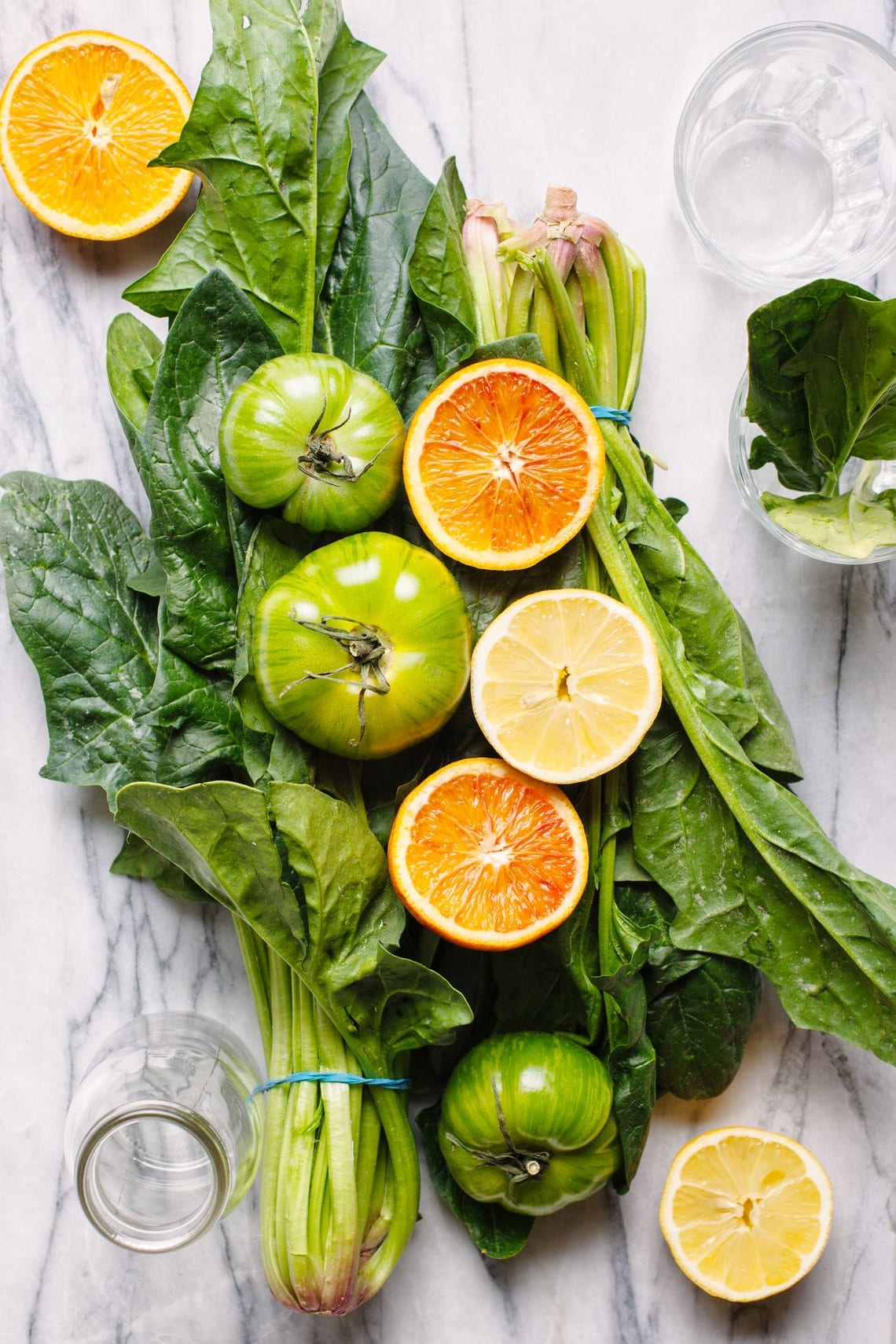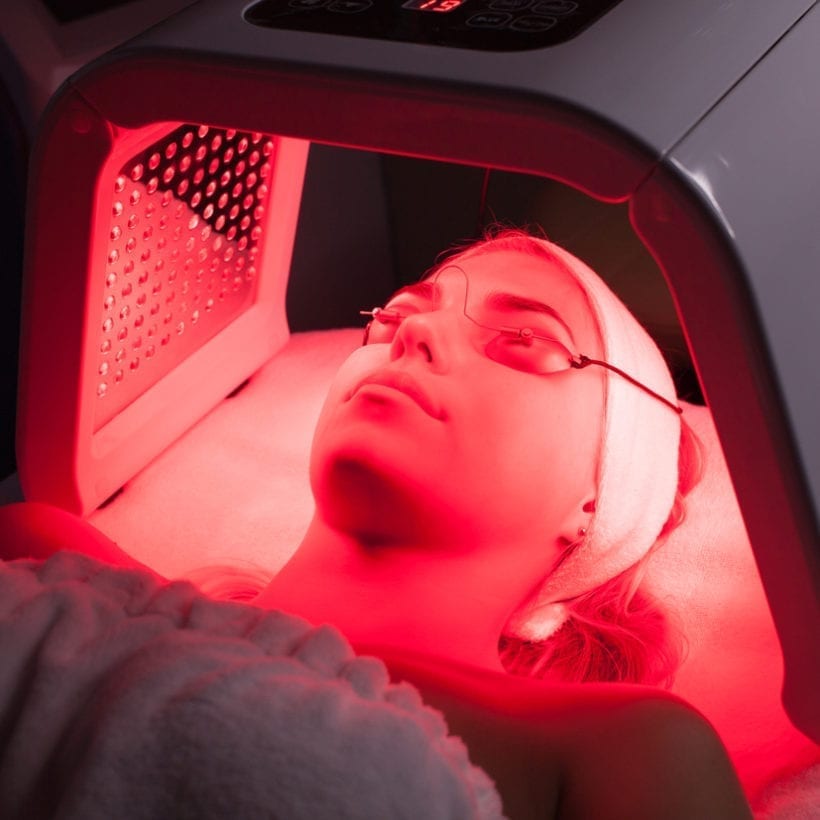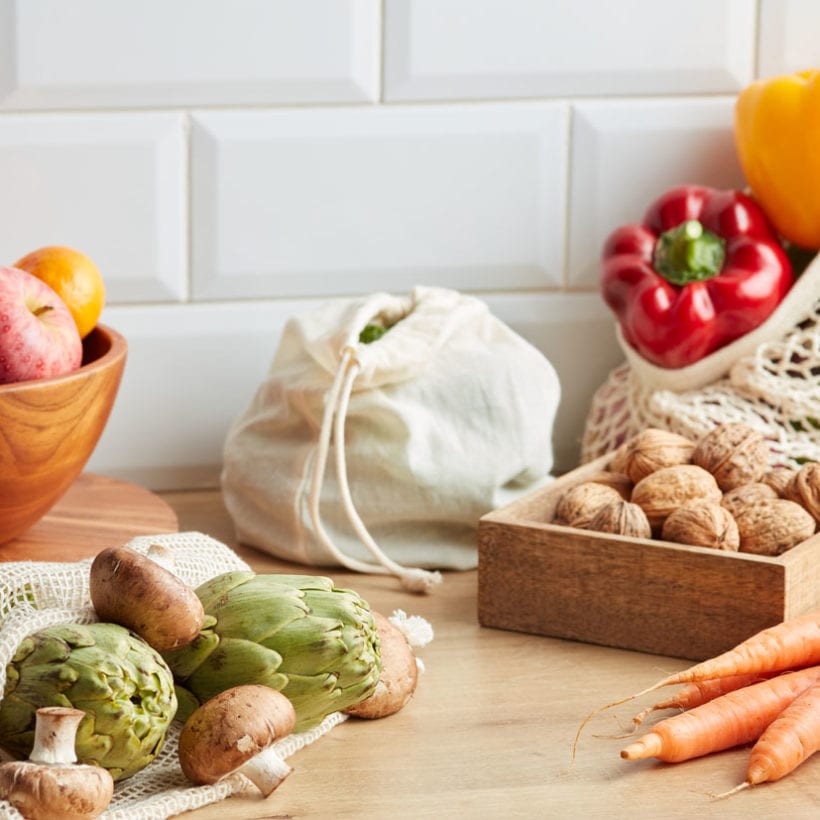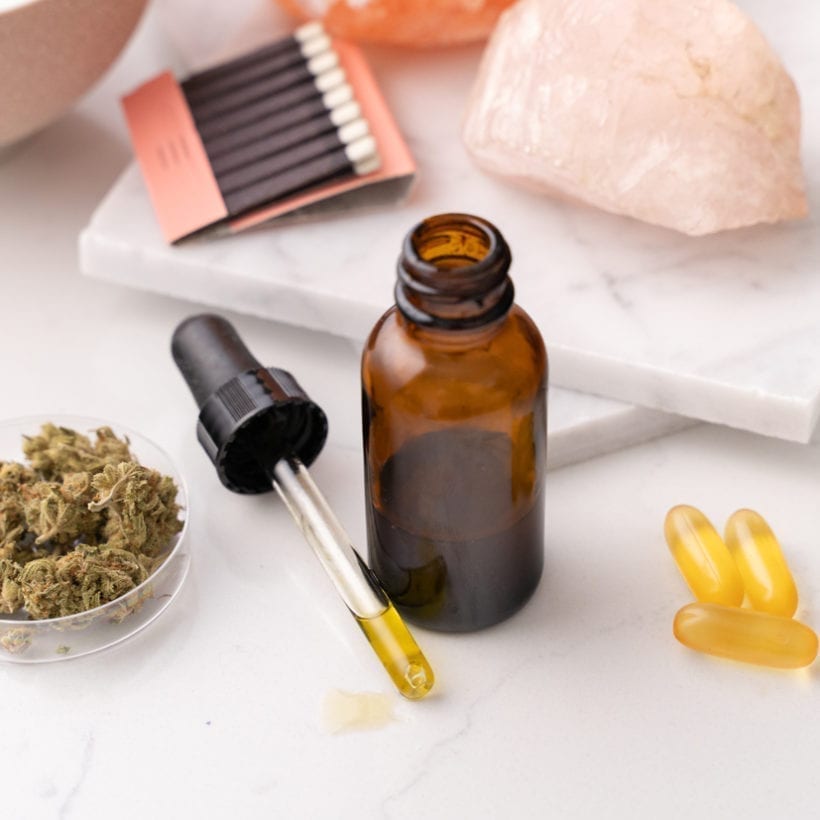In three short months, the year will be 2020. And while there won’t be flying cars (only self-driving) or the ability to teleport as we all might have imagined long ago, there are societal shifts we can look forward to. Think: technological inventions in dermatology, upgraded workspaces, CBD and more.
These are the top trends experts expect to see rise above the rest in 2020:
Minimalism expands to technology
It was hard to miss Japanese decluttering expert Marie Kondo this year, as her Netflix show captivated audiences worldwide and inspired them to rid of unnecessary items that lacked joy. Therapist, author and wellness entrepreneur Kimberly Wilson says a focus on minimalism isn’t going anywhere — and it is expanding into most people’s toughest habit: technology. Considering a study found screen time is associated with higher levels of depression, Wilson predicts more people will be hyper-aware of how much they consume via computers, television and phones. “After books like Cal Newport’s ‘Digital Minimalism,’ Apple’s incorporation of the ‘Do Not Disturb’ setting and the iPhone usage tracking via Screen time, we’re becoming more aware that those dopamine hits are actually causing us more harm than good,” she explains. She notes we can expect to see more people limiting their use and companies paying attention to this work and life necessity.
Plant-based everything will surge
Truth be told, ‘clean’ eating has been popular since the dawn of time, especially given the Paleo diet is based on what Neanderthals would have consumed thousands of years ago. However, Wilson says in 2020 the focus won’t be on meat — but rather, on innovative plant-based foods. Thanks to the cult following that Beyond Meat and Impossible Foods have cultivated, major companies like Burger King are starting to offer meat-free patties as part of their menu items. “We’ll be seeing continued strides made towards eating less meat and incorporating plant-based foods into a wellness plan,” Wilson says. “Considering it’s better for our health, the environment, and the animals, the same will hold true for more plant-based products such as skincare, vitamins and fashion. There’s even an all-vegan hotel now in Scotland!”
Intermittent fasting is the new keto
For the past few years, it seems as if every celebrity, your next-door neighbor and your favorite podcast host is on the keto diet. Short for ketogenic, this regimen sends your body into the fat-burning state of ketosis, by balancing healthy fats and protein, and admitting carbs. Though it is still a popular way of eating, health expert and wellness entrepreneur and Founder and CEO of Splendid Spoon Nicole Centeno thinks intermittent fasting will be even bigger in 2020. While there are many ways to forgo food to benefit your health, the most common method is eating only in an eight-hour window every day, and fasting the rest of the hours.
https://www.instagram.com/p/B1GUzWPHpzG/
“Fasting has been studied extensively for its anti-inflammatory effects on the body which lead to increased longevity and reduction in risk profiles for diseases like diabetes, cancer and rheumatoid arthritis,” she continues. “It will continue to gain popularity because it doesn’t require a lot of behavior modification for many busy Americans who already skip breakfast. Plus, intermittent fasting doesn’t have pesky lists of foods that you can and can’t eat — which tends to be more realistic for us to stick to in the long term.”
The end of quick-fix supplements
A diet pill that promises you will drop ten pounds fast? A protein powder that replaces a full meal? Wellness expert and entrepreneur Evie Fatz says these types of quick-fix promises are losing speed — and for good reason. “In the age of endless information and technology, consumers are becoming savvier. They have access to endless information and can sense authenticity versus fads,” she explains. Rather than people shelling out their hard-earned cash for something that promises to deliver results in an unhealthy way, Fatz predicts more people will invest in quality, organic, fresh foods and vegetables to meet their health goals.

Zero-waste movement
Heightened awareness of packaging waste — plastic containers, utensils, bags and so on — started in 2019, and it is only going to expand in 2020. As holistic healer and author Joan Varini predicts, more companies will seek to gain control over food containers. She believes grocery stores will eliminate disposable bags and eateries will incentivize take-home containers or cups (like Starbucks or Just Salad). “We all know that plastics aren’t healthy for our environment and they are not a healthy packaging source either. Instead of reverting to paper, why don’t we all bring in our standard stainless steel or other washable reusable non-plastic containers,” she says. “I’ve been carrying around my stainless steel straw, and I’d be more than happy to bring my reusable containers to pick up my Panera to go. I see our environmental awareness taking a more important role in all of our decisions, health and wellness included.”
Red light skin treatments for anti-aging
Once only available at a dermatologist office, health coach Stacy Caprio says more at-home options are making red light therapy more accessible. How does it work? This non-invasive method helps your body produce more of the proteins that give your skin firmness, radiance and bounce, which decreases fine lines and wrinkles. It can also decrease the appearance of acne scars with consistent use. Caprio predicts more 20 and 30-somethings using red light treatments, or even booking sessions at spas for an all-over treatment, like at The Carillon in Miami, which offers this service via a full red light bed.
Design-centric mindful workspaces
We chatted earlier this year about the trend of wellness clubs for work and community building, but as we head into 2020, wellness expert and yogi Arianne Traverso says more and more companies will think more critically about their offerings. After all, since millennials now make up the majority of the workforce and they tend to prioritize a healthy work/life balance compared to other generations, businesses must offer modern benefits to remain competitive. “Companies will start to offer a range of services from functional medicine consults, holistic nutrition, meditation, massage and more. This equals to happier and more productive employees,” she shares.
https://www.instagram.com/p/BxS0U1Sh_zE/
In a similar vein, wellness entrepreneur Cristin Smith says primary care clinics, dentists offices and other must-visit professionals will invest deeper in the design of their spaces. Because consumers desire not only a ‘check-in’ but a complete, mind-to-body experience in their healthcare, wellness must be incorporated into the facilities. The Tia Clinic in New York City is an OB-GYN office is a prime example, with an approach that instantly makes patients feel at home and calm.
“Quality is becoming synonymous with beauty,” she continues. “The research on tranquil, beautiful spaces speaks for itself. It lowers our blood pressure, decreases stress and anxiety and expedites the healing process. Studies show that patients heal faster when they have a window letting in natural light and a connection to seeing the blue sky.”
Even more CBD-infused products and services
More than ever, the use of CBD products derived from hemp plants are mainstream. Largely due to regulations across many states that allow the purchase of these goods for recreation or medical purposes, countless companies are introducing this all-star ingredient into their goods. Wilson predicts even more states hopping on this gravy train, and a wider acceptance of CBD in the general public. What does she mean? No longer will CBD be separated from other offerings, but it will be included without the stereotype. “I’ve noticed CBD-infused treats next to your average brownie in NYC bakeries, tried a CBD-infused massage at a Colorado hot springs, and hear about the many benefits of CBD from clients,” she shares. “Once regulations are ironed out, I think we’re going to see much more of CBD offerings on the shelves.” (If you are curious about what’s legal in your zip code, check out this list.)
We only recommend products we’ve independently researched, tested, and loved. If you purchase a product found through our links, Sunday Edit may earn an affiliate commission.








